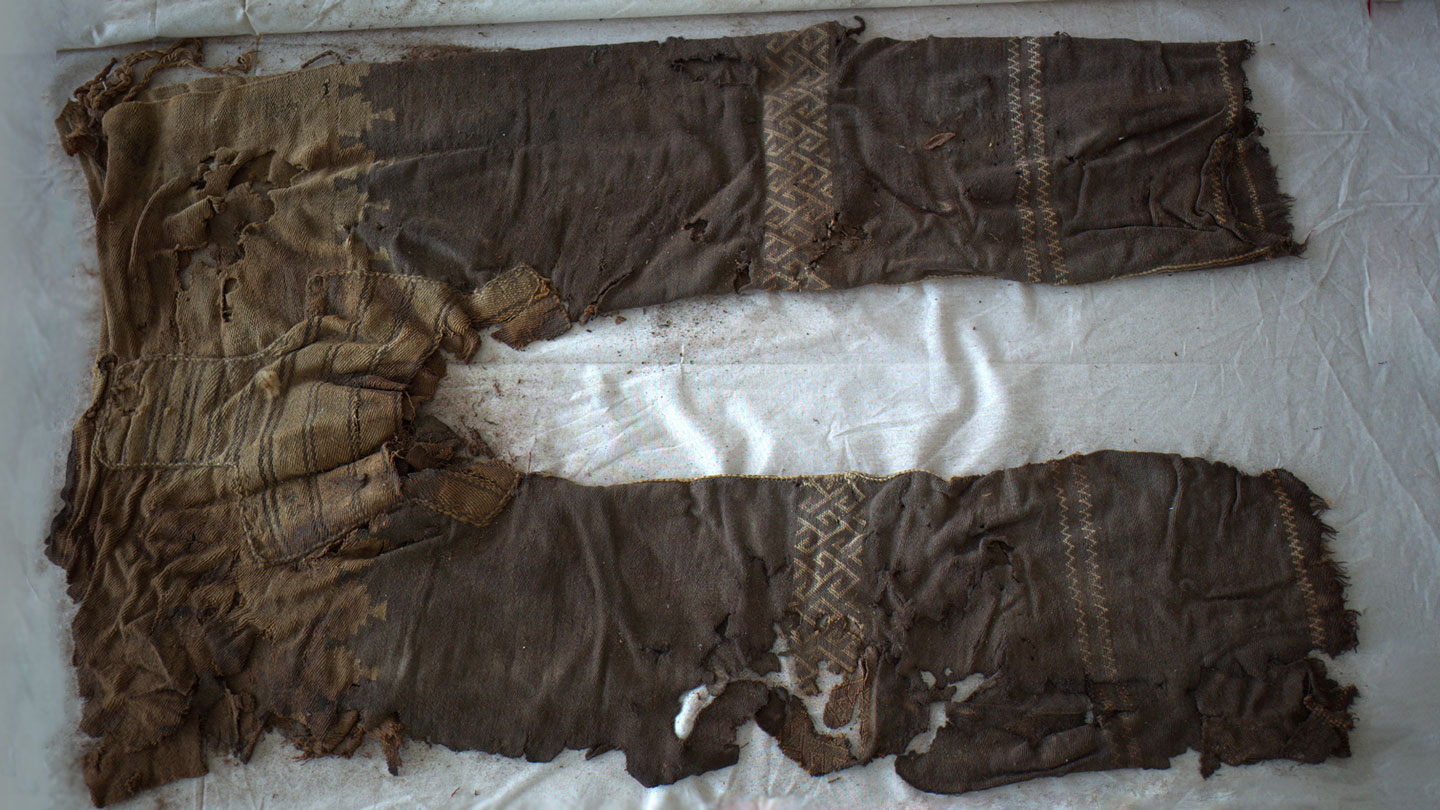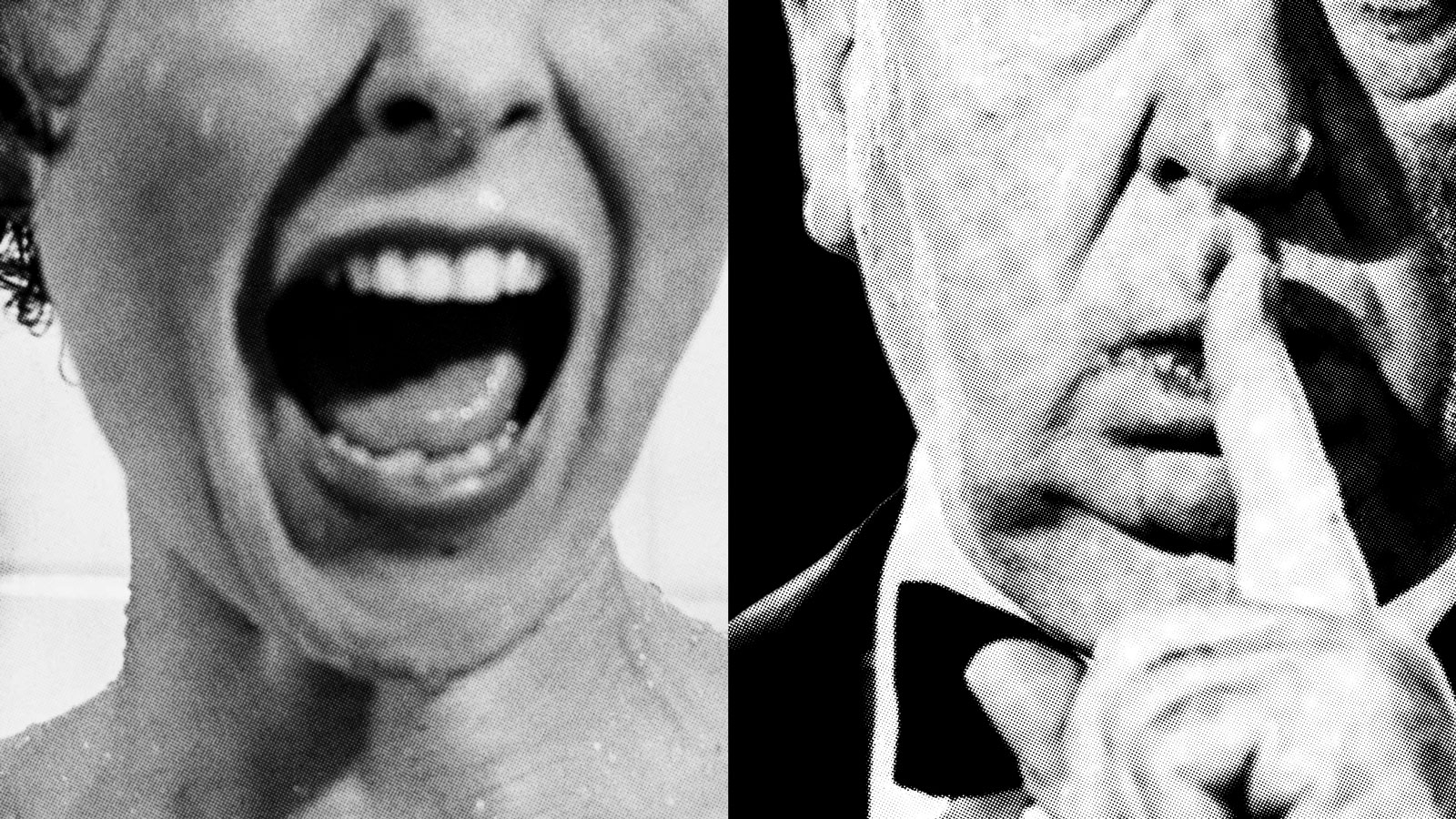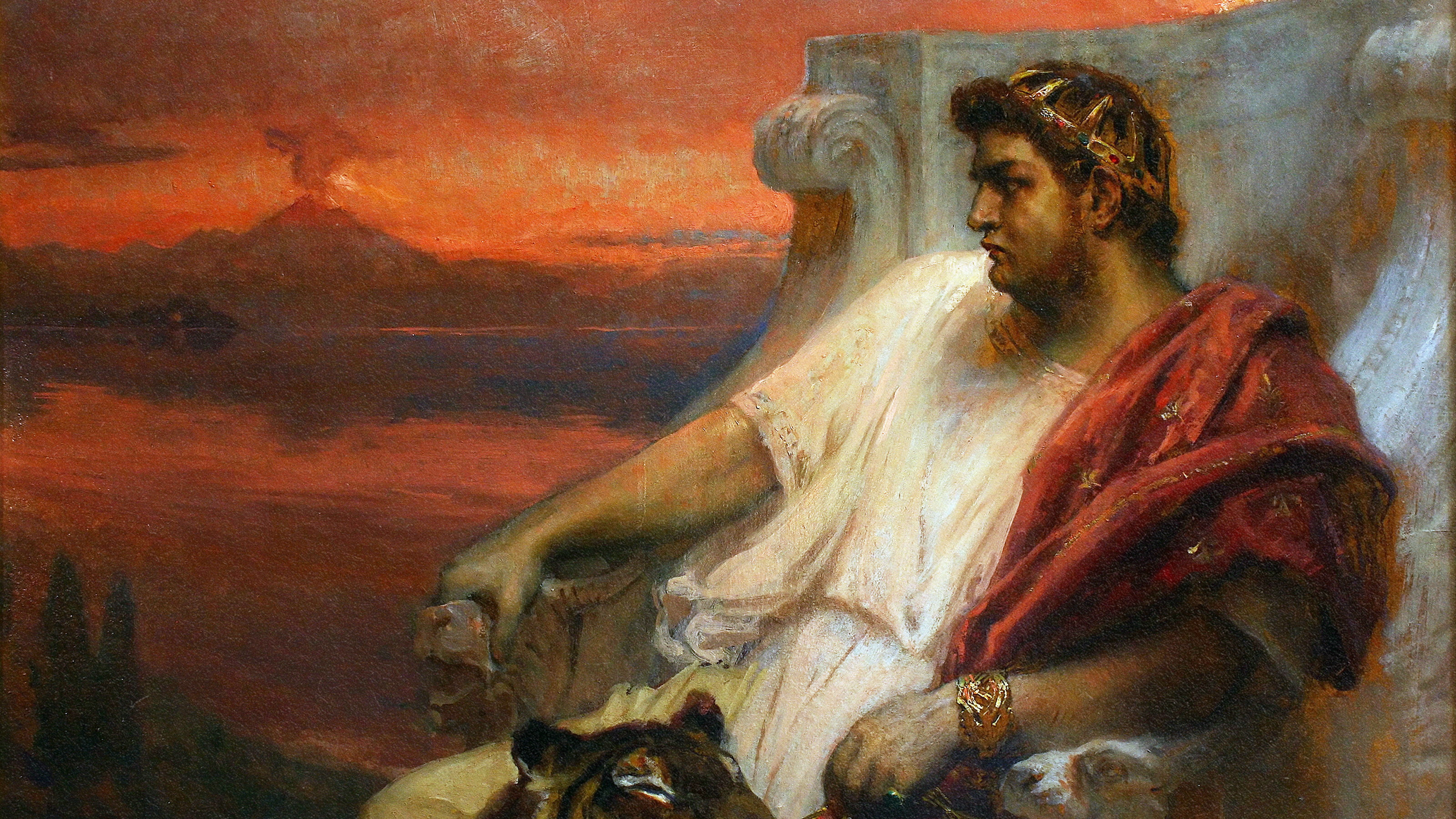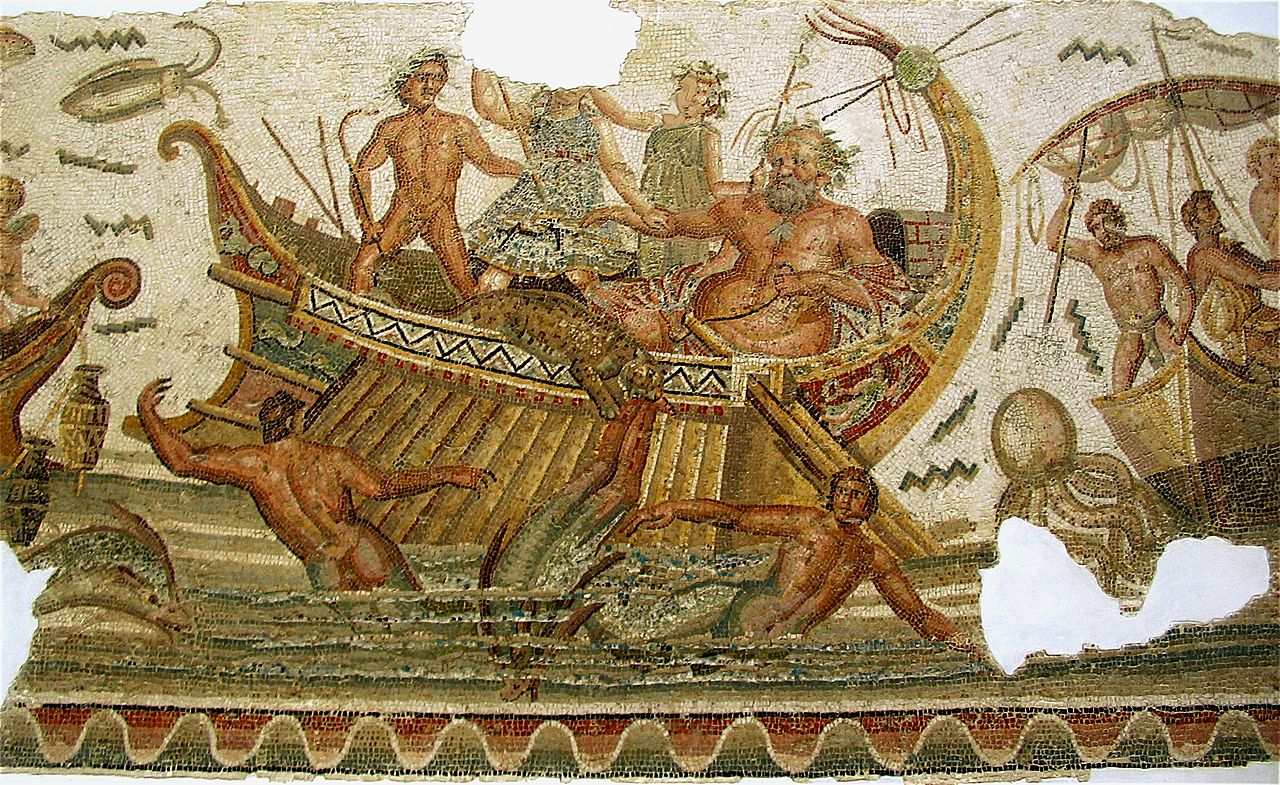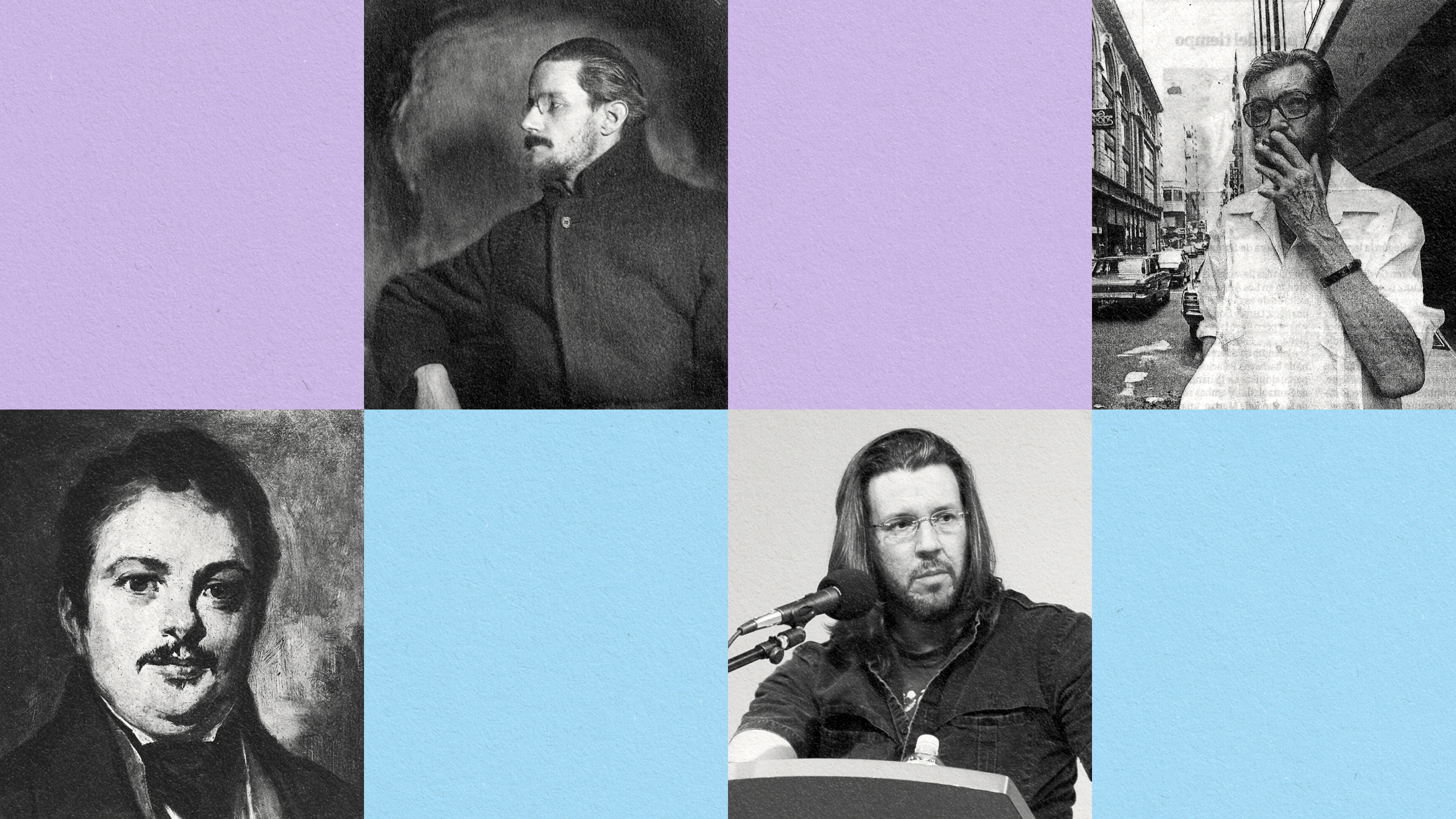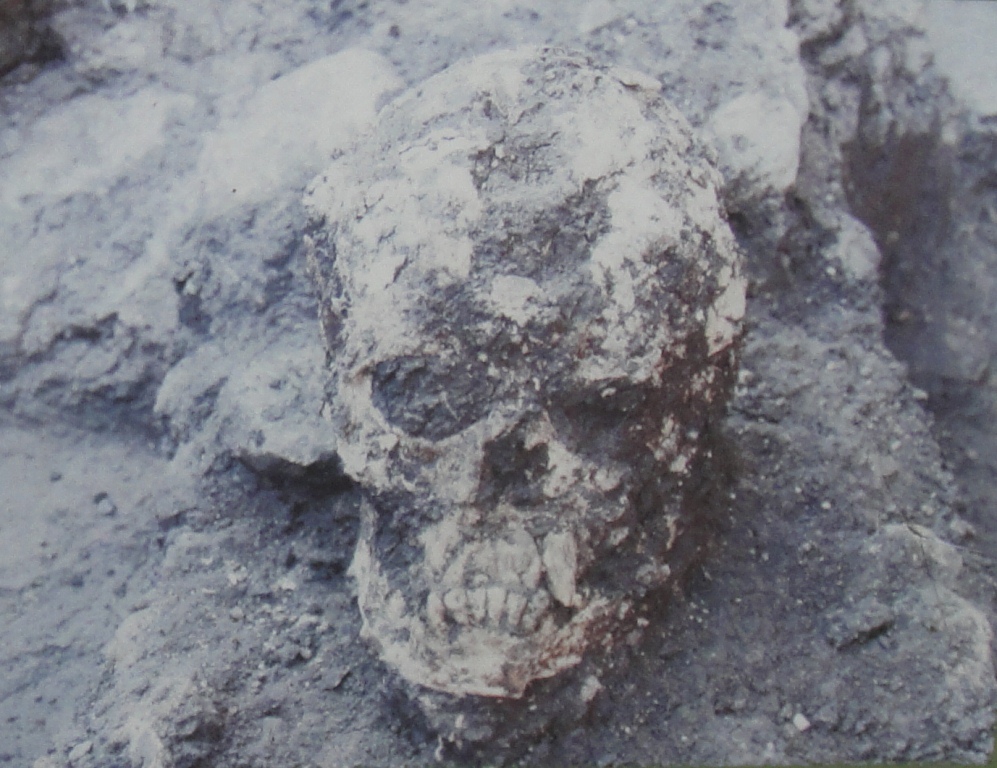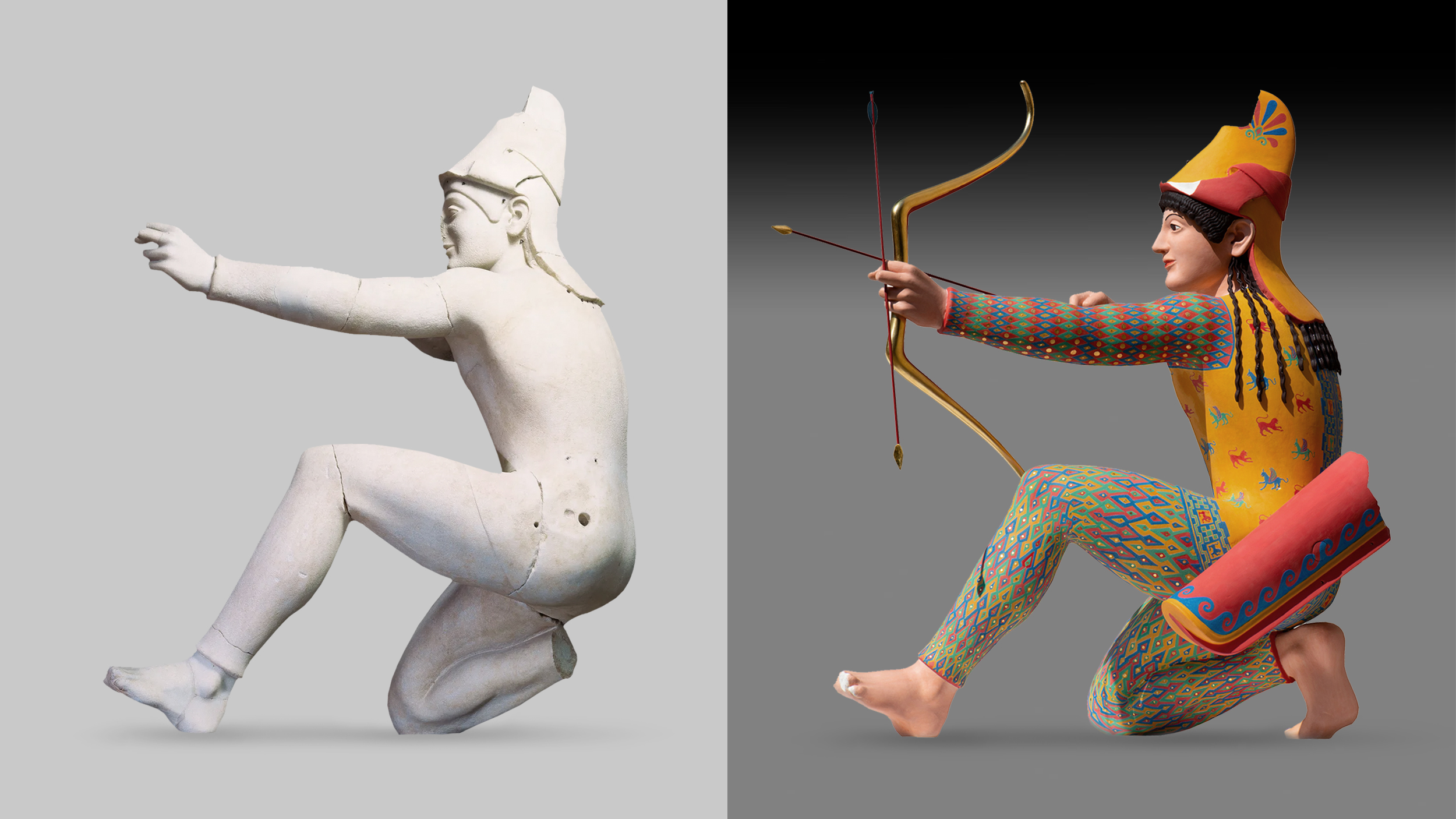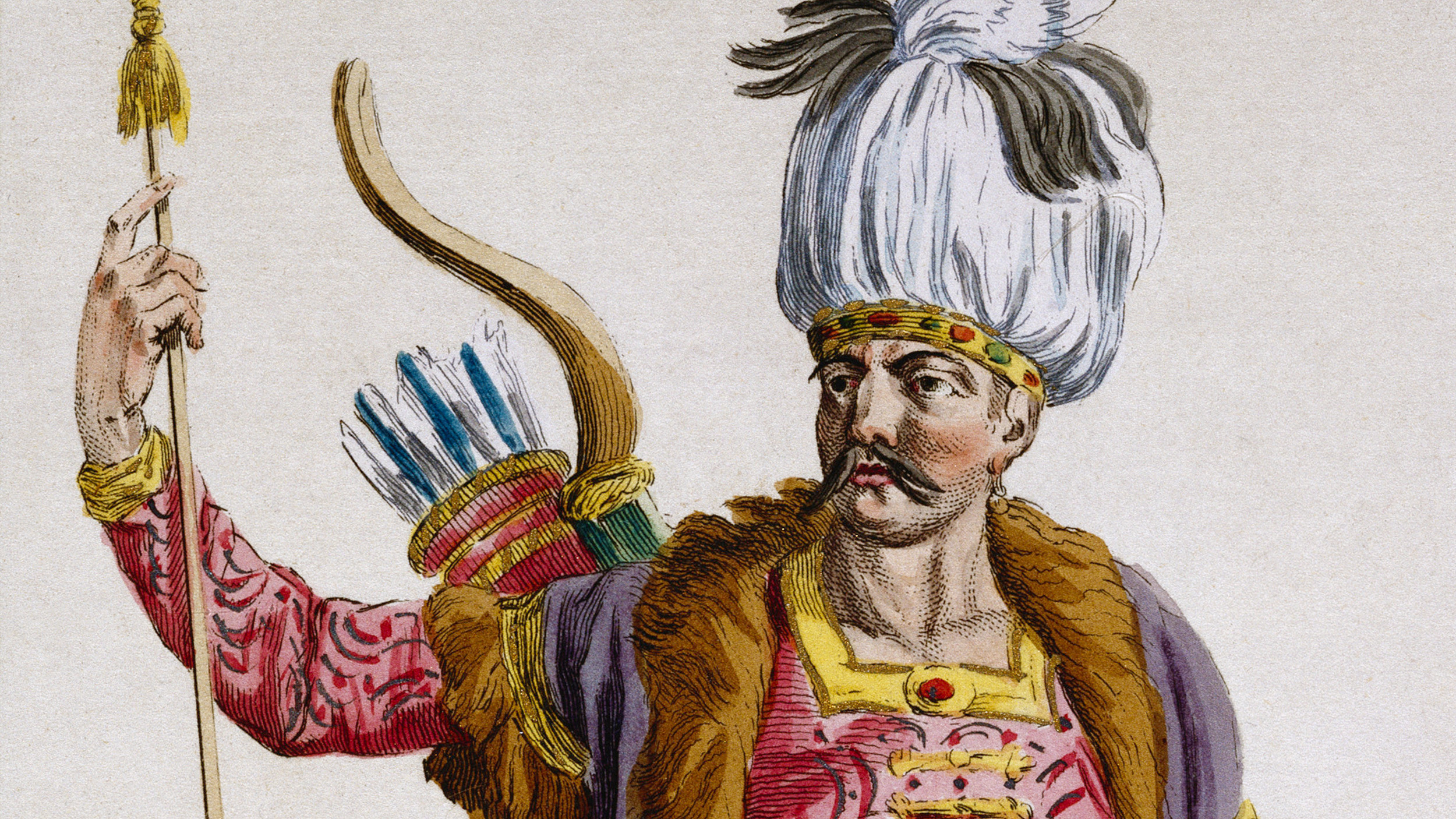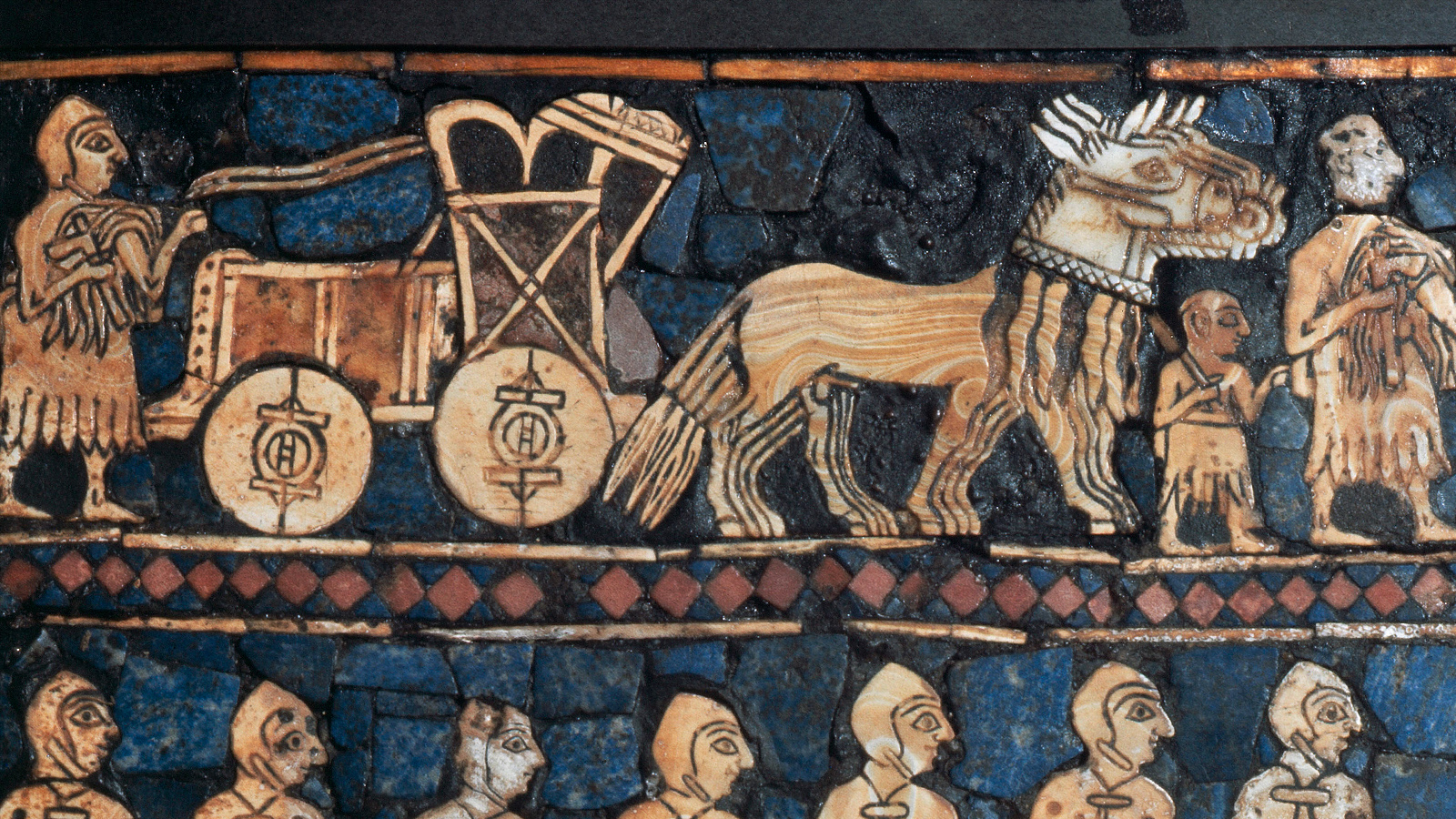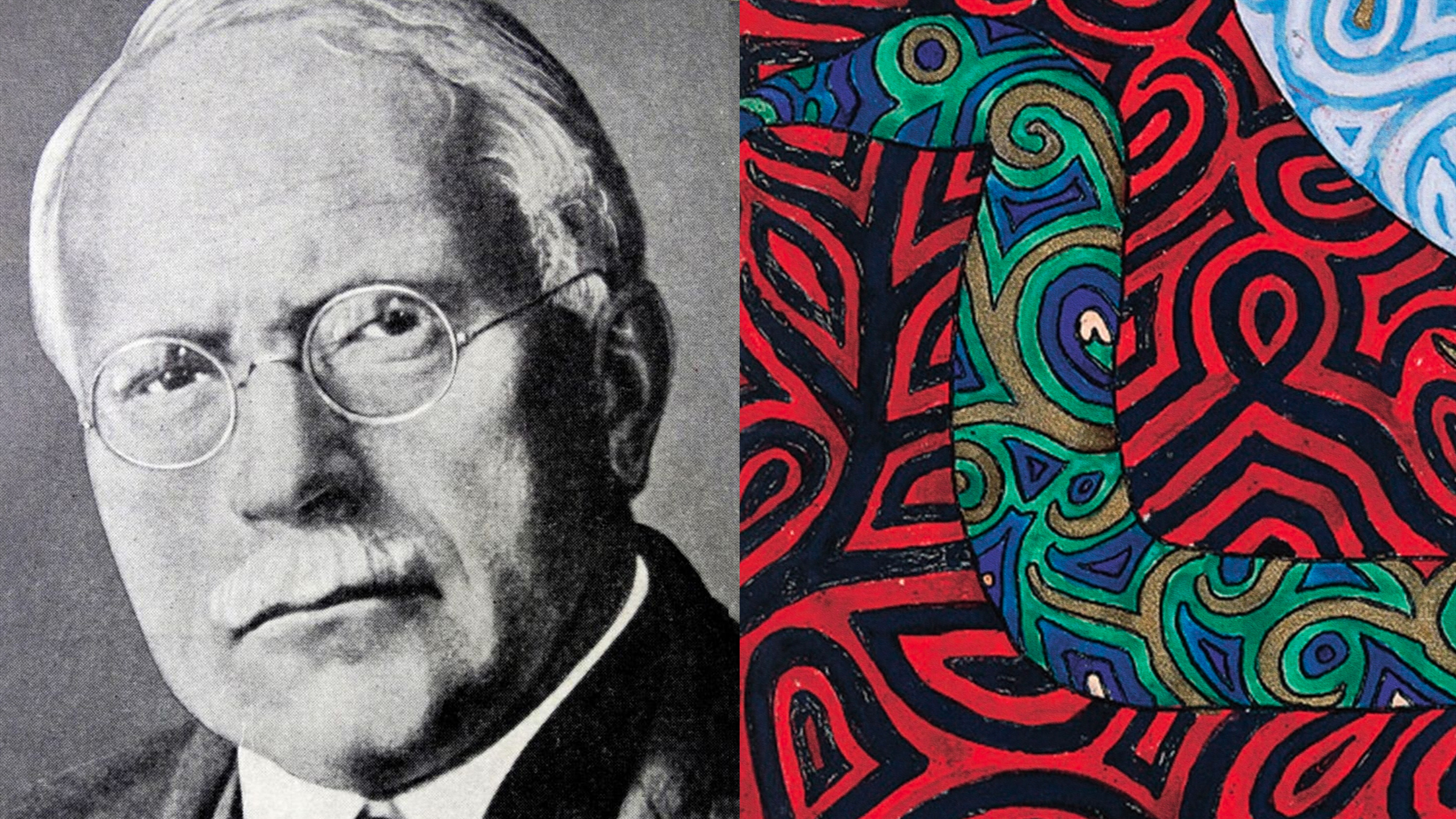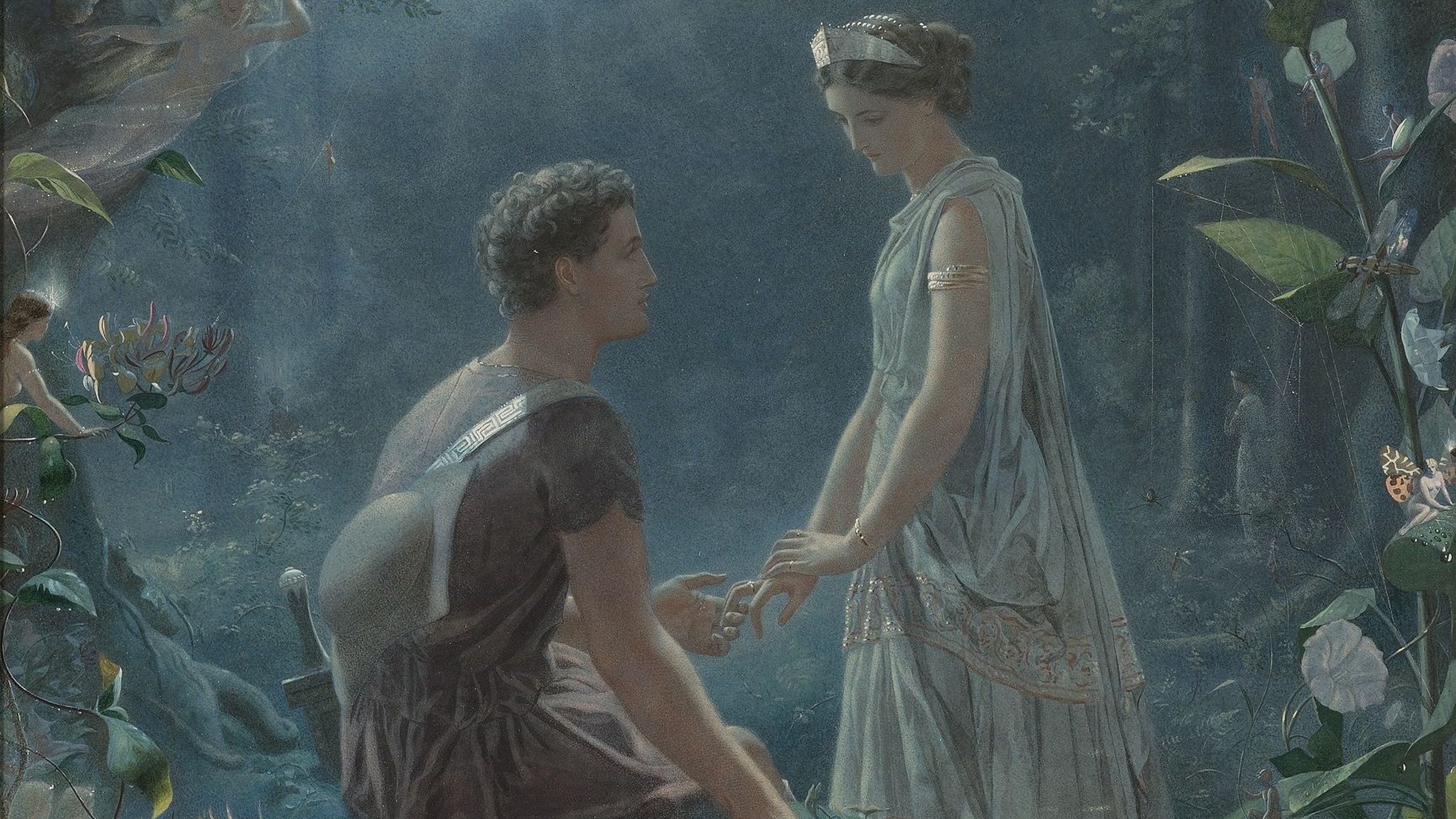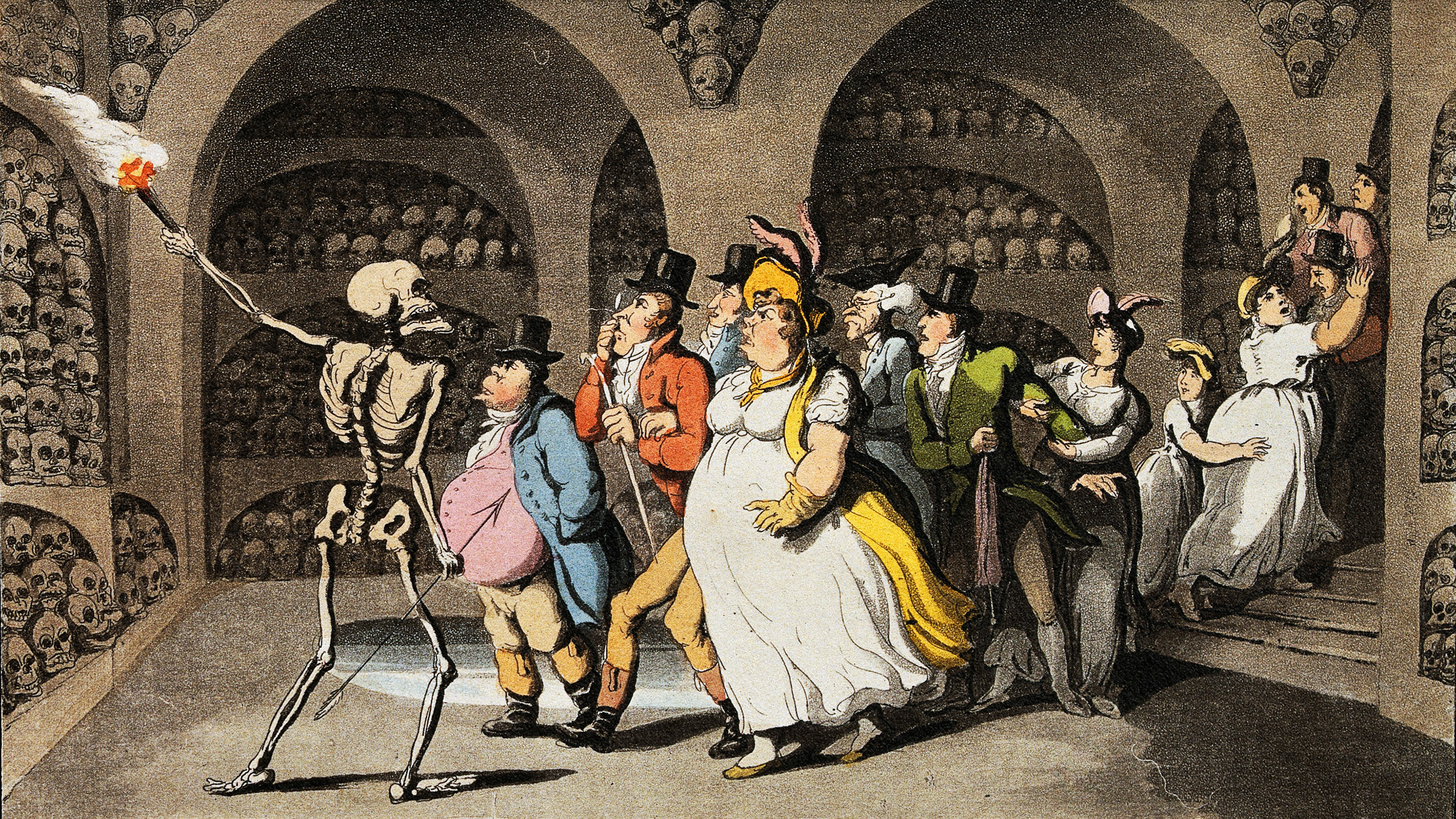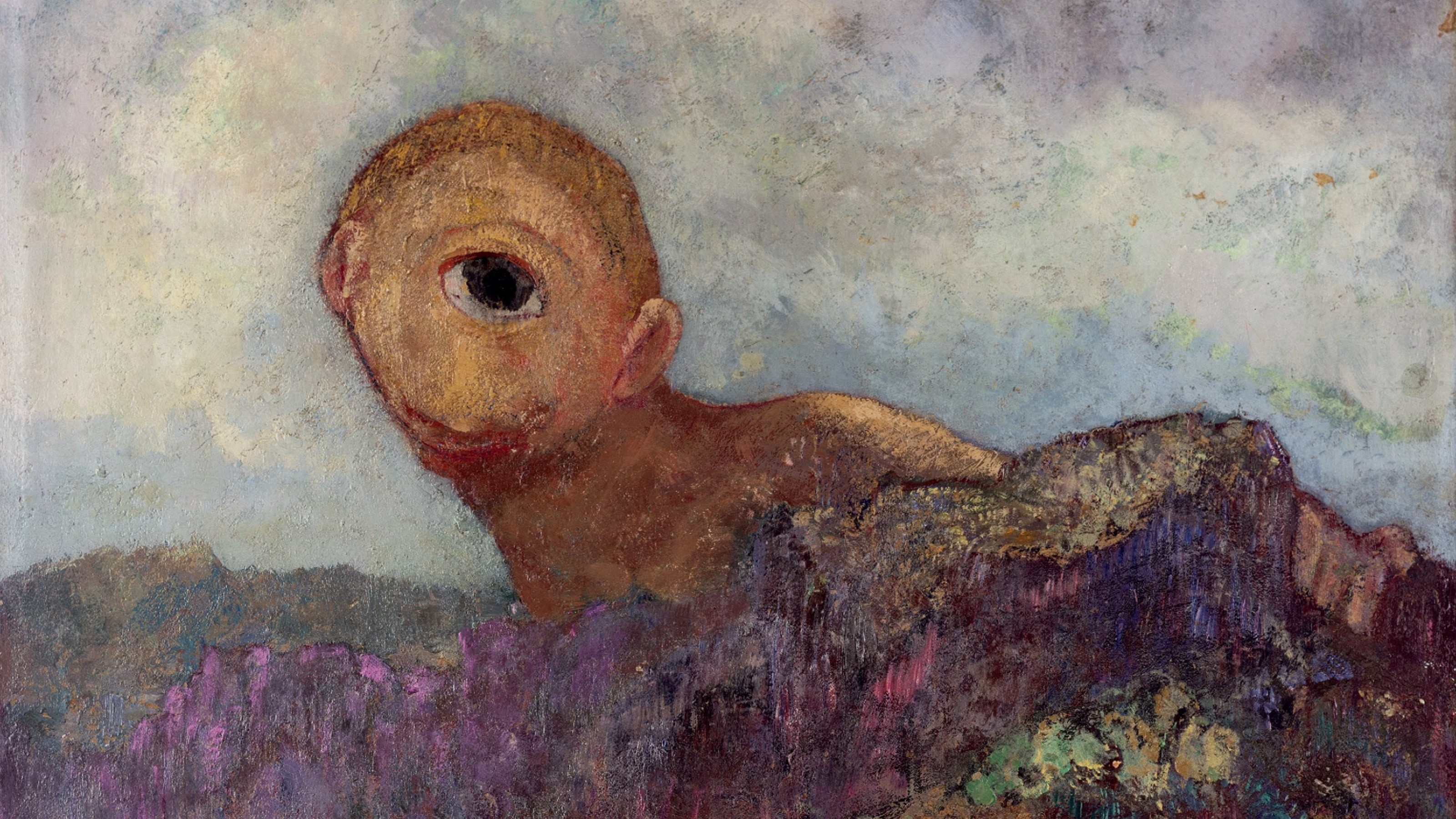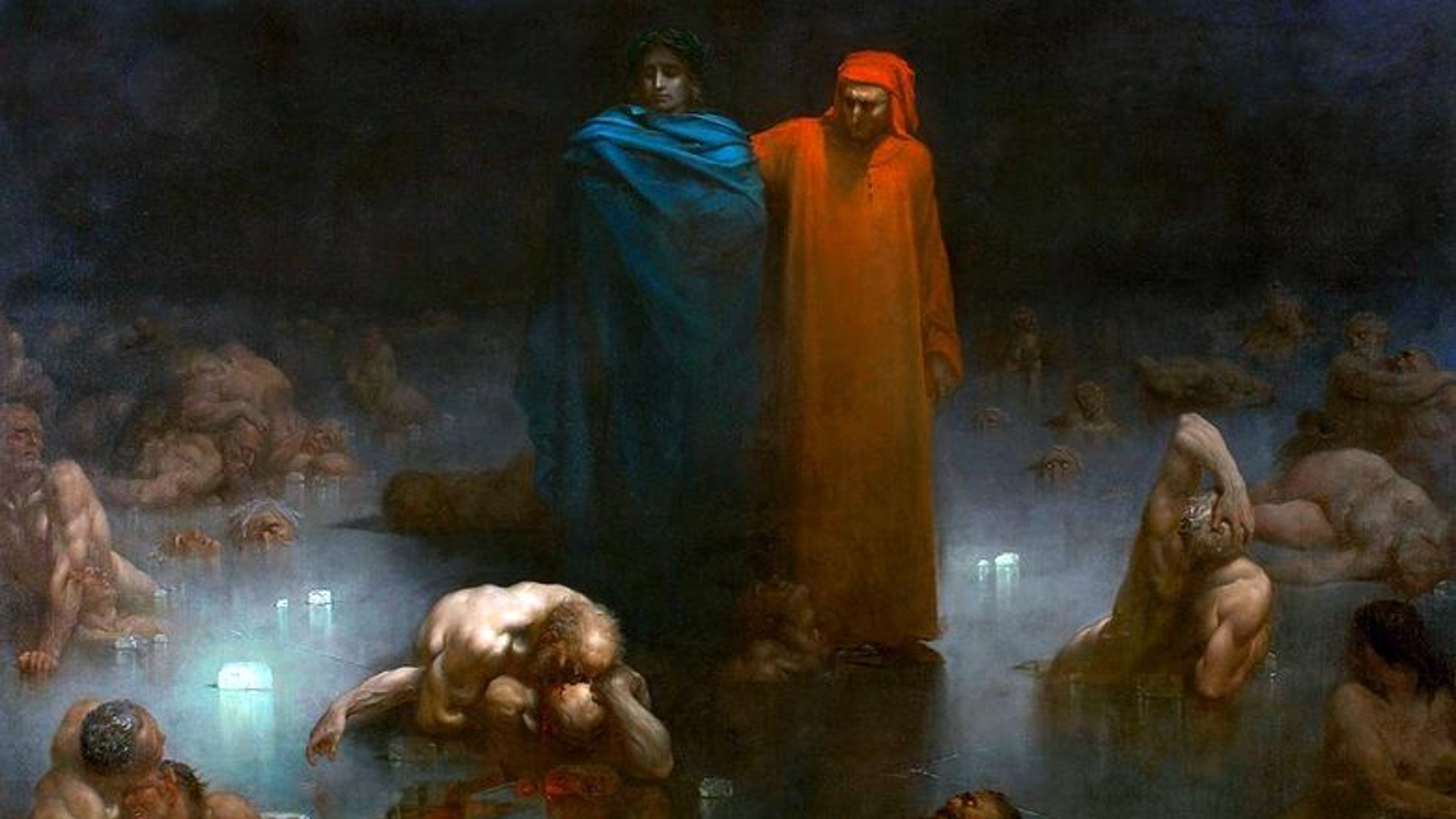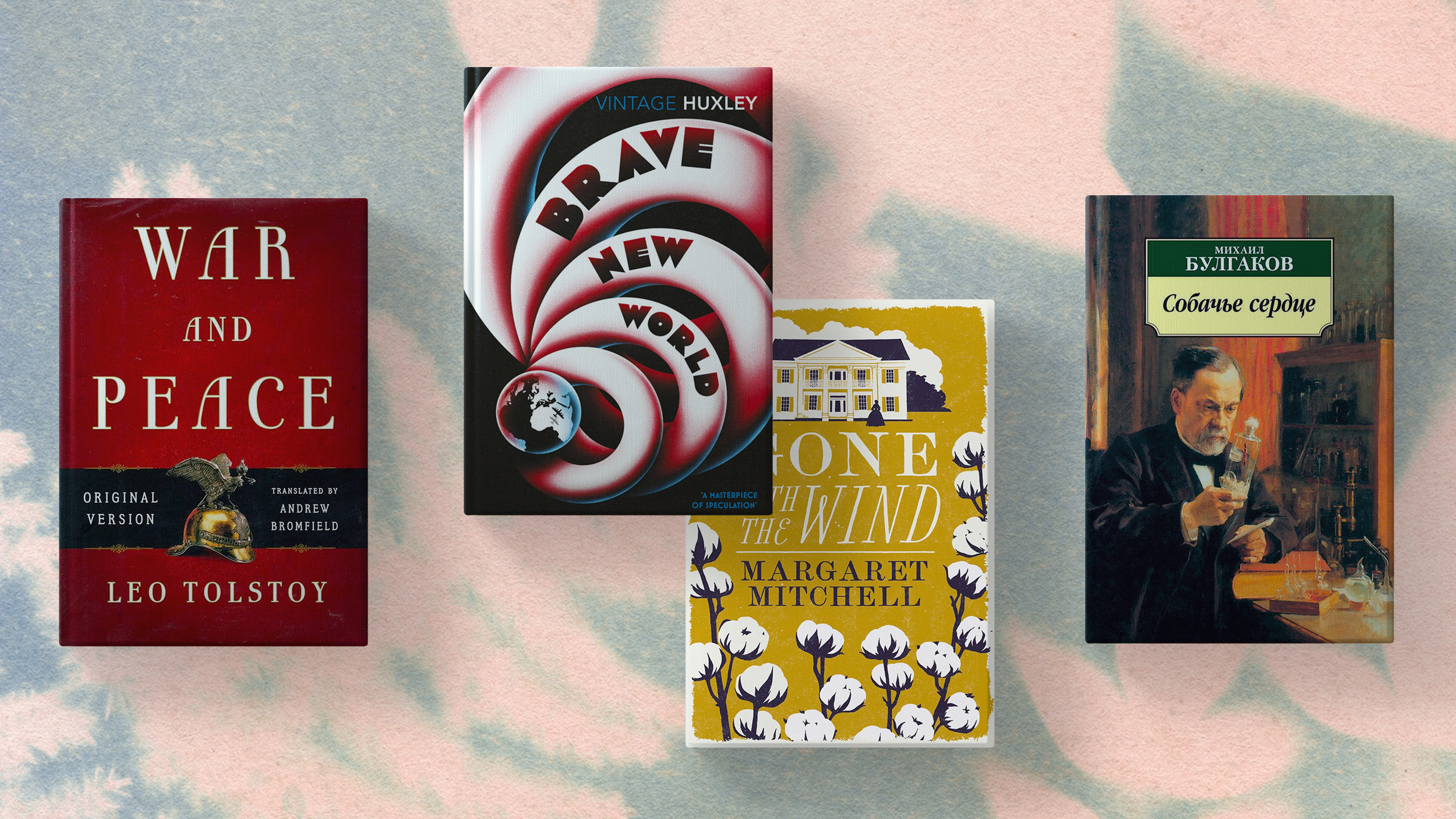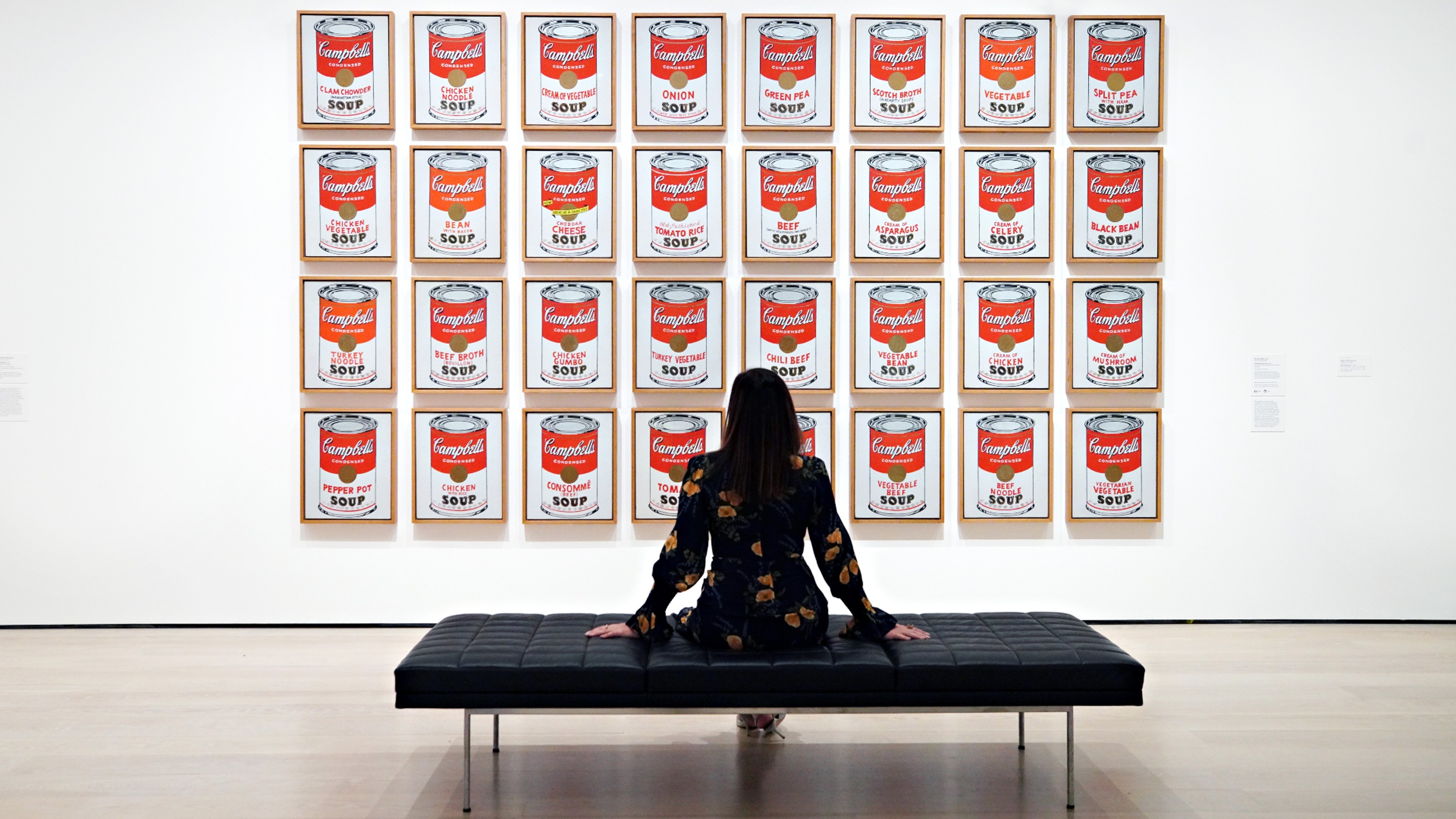Tim Brinkhof
Tim Brinkhof is a Dutch-born, New York-based journalist reporting on art, history, and literature. He studied early Netherlandish painting and Slavic literature at New York University, worked as an editorial assistant for Film Comment magazine, and has written for Esquire, Film & History, History Today, and History News Network.

His crime was so great, he was not only sentenced to death but his name was to be erased from memory.
Still, the author’s main argument wasn’t totally discredited.
The design was as intricate as that of modern-day, factory-fabricated denim jeans, and just as durable. The ancients had fashion.
Pure cinema is about removing redundancy so that even the smallest detail serves a purpose in relation to the bigger picture.
The region of Catalonia has been at odds with greater Spain for over 300 years. The prospect of autonomy remains a distant and fading dream.
The polymath used science to elevate his art.
Nero’s reputation as one of the most malevolent emperors in Roman history might be partly slander.
Explore how belief shapes destiny, from Oedipus Rex to modern geopolitics.
The arsons were no accident, archaeological evidence suggests.
Only Caesar lived to tell the tale.
Voyage into the lawless world of experimental literature.
The Te’omim Cave in the Jerusalem Hills is filled with skulls and oil lamps — objects a new study says may have been used in dark rituals.
What better explains the prevalence of heavy metal in Scandinavian countries: culture or economy?
These initially sympathetic characters take readers down a dark path.
Those white, marble statues you see in museums all over the world were originally painted with bright colors.
Mounted on horses and armed with unique, powerful bows, the archers of Genghis Khan inspired terror wherever they rode.
A classical equivalent to Chanel No. 5.
Hybrid animals emerge when two different species from the same family reproduce. For many years, the kunga’s lineage was just another genetic mystery.
Aiming to unlock the secrets of his unconscious mind, Jung experimented with intensive daydreaming.
Ignoring the legacy of William Shakespeare is difficult for any writer, let alone one as quintessentially English as “Lord of the Rings” author J.R.R. Tolkien.
When done right, dark humor can help us face inconvenient truths and question stifling social conventions.
People discovered prehistoric fossils long before Charles Darwin published “On the Origin of Species.” The remains of these unknown creatures often puzzled their discoverers.
Dante’s epic journey through hell and heaven reveal how the poet felt about his own country.
They had the technology. So why didn’t they use it?
Take a closer look before judging a book by its title.
The key to its success lies not in its understanding of technology, but in its understanding of human nature.
An insect? A vermin? An unwanted animal? What in the world is Franz Kafka talking about?
For linguists, the uniqueness of the Basque language represents an unsolved mystery. For its native speakers, long oppressed, it is a source of pride.
At the turn of the millennium, a physicist fooled the global scientific community with the greatest discovery that never existed.


